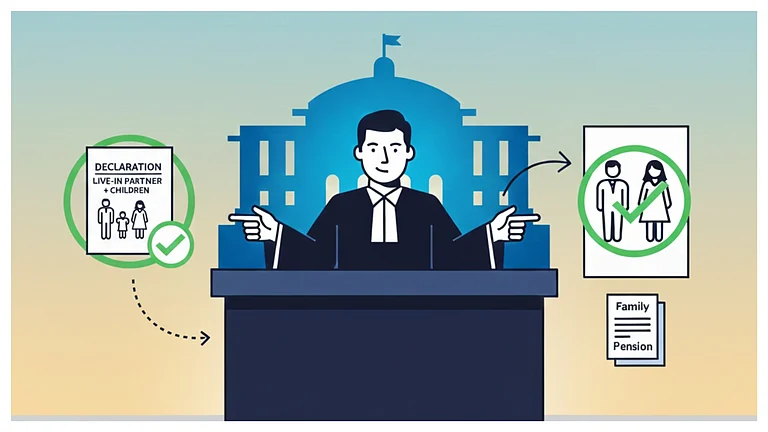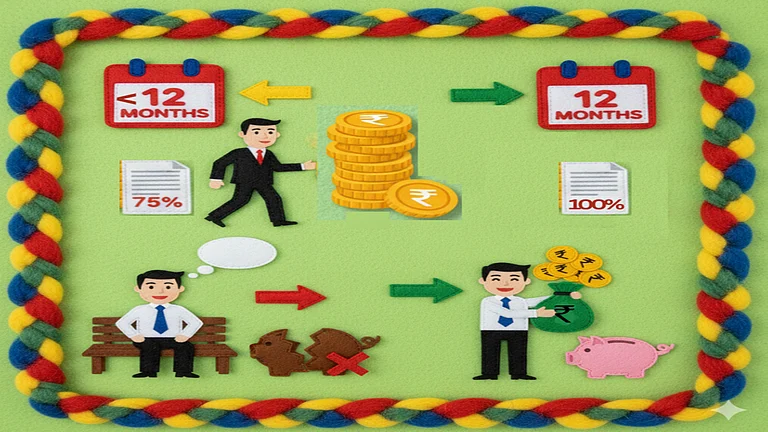
Summary of this article
Mother can claim maintenance from children even if her husband supports her, if the support is not sufficient
Kerala High Court orders affluent son working abroad to pay Rs 5,000 monthly maintenance to mother
Filial duty is both a moral and legal obligation under the Maintenance and Welfare of Parents and Senior Citizens Act
Children are neglecting their moral duties, which also constitute statutory obligations, and at times, judicial intervention becomes necessary to remind them of their responsibilities. In a recent hearing, the Kerala High Court ordered an affluent adult son to financially support his elderly parents. The court stated, “A son cannot escape from the liability to maintain his aged parents merely because he is married and has a family.” The son, who was ordered to pay a monthly maintenance of Rs 5,000 to his mother, had filed the revision petition challenging the order.
Case Background
The matter started when the mother (respondent in the revision petition) filed the case before a family court, seeking maintenance at Rs 25,000 per month from her son. In her petition, she mentioned that she had no employment and no source of income to support herself. Her son (petitioner in revision petition) is working in the Gulf, and it came out in evidence that he has sufficient means to maintain his mother. While the mother informed the court that her son earns Rs 2 lakh per month to support her request, her son denied it but did not produce any documents to show his actual income. After evaluating the case, the family court passed the order in July 2025 directing the son to pay a monthly maintenance of Rs 5,000 to his mother.
And then, the son filed the revision petition to challenge the order.
Arguments
The son presented two reasons in his line of defense for challenging the order and denying his liability. These were:
He claimed that his mother was earning income by rearing cattle
He argued that his father is alive, who is a fisherman and owns a boat, provides maintenance to his mother
And thus, the maintenance claims against him (son) are “not legally sustainable”. He also referred to his obligations towards his wife and child, to suggest that he should be absolved of the duty to his mother.
The mother, on the other hand, provided evidence that she had no employment, no income.
Court Observation
After hearing the matter, Dr Justice Kauser Edappagath rejected the son’s arguments. The Court stated, “the right of a mother/wife to be maintained by her children under Section 144(1)(d) of BNSS (Section 125(1)(d) of Cr.P.C.) and by her husband under Section 144(1)(a) of BNSS (Section 125(1)(a) of Cr.P.C.) are independent and mutually exclusive.”
It means that the maintenance claim from children and husband are independent of each other and both can be claimed together.
The court further stated, “A mother can claim maintenance from her children even if her husband is maintaining her, and the son can be legally required to contribute if the mother is unable to maintain herself and the husband is not providing sufficient support.”
Court Judgement
The court noted, “Section 144 of BNSS (Section 125 of Cr.P.C) is a measure of social justice”, and “Filial duty towards an aged parent involves providing physical, emotional and financial support, which is both a moral and legal obligation.”
It dismissed the challenge and rejected the revision petition after considering the requirements of the mother and the sufficient means of the son. It held the family court order as “absolutely reasonable, if not inadequate” and kept the monthly maintenance unchanged at Rs 5,000


















